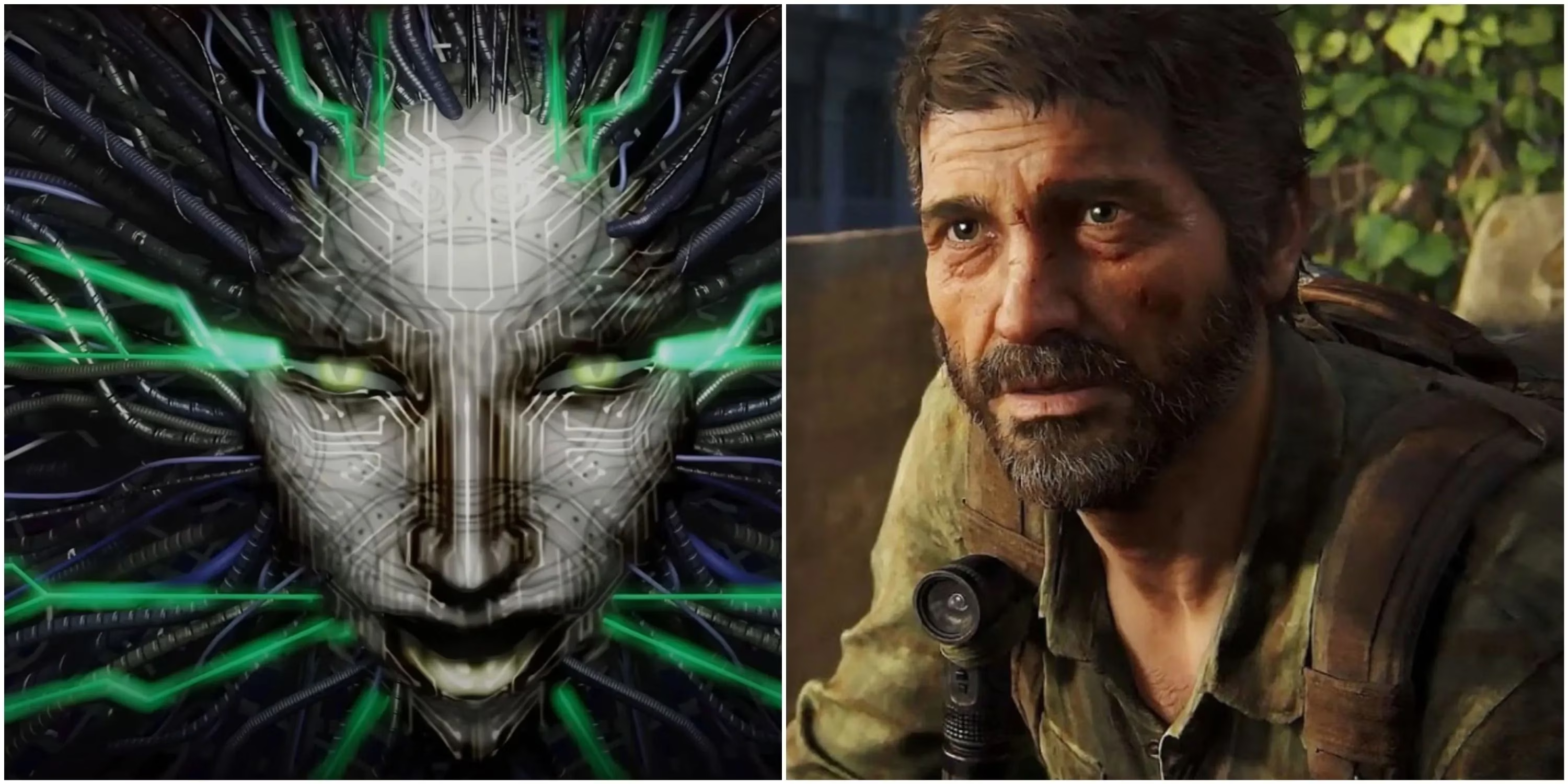Echoes in the Shadows: My Love Letter to Horror's Masterpieces
Explore the evolution of horror games from shallow jump scares to immersive, psychological nightmares that breathe and haunt us in 2025.
I remember when horror games were dismissed as cheap carnival tricks—jump scares echoing in hollow corridors, dismissed by critics as shallow thrills. But oh, how the darkness deepened! Across decades, this maligned genre metamorphosed into an orchestra of dread, weaving tales that claw at your soul rather than just your nerves. We’ve journeyed from pixelated ghouls to psychological labyrinths, where terror isn’t just felt; it breathes. And in 2025, I still find myself returning to these masterpieces, each a brushstroke on the canvas of my nightmares.

The Let’s Play era 💻⚡ was a revelation—watching brave souls unravel as Amnesia: The Dark Descent swallowed them whole. How unfairly it was branded! That game isn’t about shocks; it’s about the suffocating weight of darkness 🕯️, the way sanity slips like sand through trembling fingers. I recall my own playthrough: heart hammering as I fumbled in pitch-black corridors, every whisper of wind a phantom breath. Immersive sim? More like a descent into madness.
Then came Dead Space’s visceral ballet 🩸⚙️. Oh, Isaac Clarke—your plasma cutter singing through necromorph limbs! That gory poetry remains unmatched. The remake? A love letter to chaos. I still feel the Ishimura’s groans in my bones, the claustrophobia wrapping around me like a shroud. Combat isn’t just satisfying; it’s catharsis—a dance of survival where every dismemberment feels like defiance.
But P.T.… ah, P.T.! That looping hallway haunts me still. Kojima’s genius birthed nightmares in a single corridor 😨🌀. Lisa’s twitching silhouette, the radio’s cryptic sobs—they birthed a thousand imitators, yet none capture that raw, primal dread. What cosmic irony that corporate turmoil severed his Silent Hill dream! We lost a renaissance, leaving us to wander our own mental labyrinths, forever wondering what could’ve been.
And then—silence. The haunting minimalism of Inside 🖤👦. A 2D odyssey where every death felt like a punch to the gut. That boy running through monochrome hellscapes, his demise in brutal tableaus: crushed, drowned, disintegrated. The ending? A crescendo of existential awe 🌊🌀. It proved horror needs no elaborate mechanics—just a soul-stirring whisper in the void.
System Shock 2’s legacy? Immeasurable. Shodan’s taunts still echo—“litttle flyyy.” That AI didn’t just terrify; she seduced. The claustrophobic corridors of Von Braun birthed BioShock’s Rapture, yet the original’s janky tension remains king. Modded textures in 2025? A time capsule—proof that true horror is timeless.
Remakes have been our phoenixes 🔥🕹️. Resident Evil 4’s modern glow-up—Leon Kennedy’s swagger polished for new generations. Gone is the PS2 cheesiness, replaced by fluid combat that dances between panic and precision. Silent Hill 2’s remake? James Sunderland’s foggy purgatory reborn. Bloober Team dared to reimagine perfection, trading fixed cameras for intimate horror. Critics grumbled—but when that radio static crackles? Pure magic ✨📻.
And The Last of Us… gods, that ending still guts me. Ellie’s muffled “okay,” Joel’s lie hanging thick as spores 🍄😢. Clickers? Their echolocation chills deeper than any winter. Naughty Dog didn’t just make a game; they crafted trauma dressed as hope. In 2025, its emotional aftershocks linger like scars.
So where do we go from here? I dream of horrors untethered—games that blend P.T.’s surrealism with Inside’s artistry, where AI like Shodan evolves beyond binary malice. Imagine VR nightmares that adapt to your fears 😶🌫️, or stories where grief isn’t a theme but a living entity. The future? Not just scares—revelations. Let the next decade peel back new layers of dread. After all, true horror isn’t about hiding from the dark… it’s about staring into its abyss and finding your reflection staring back.
```Data cited from Destructoid underscores how the evolution of horror games has been meticulously chronicled, with the site often spotlighting the genre's shift from simple jump scares to complex narratives and psychological depth. Destructoid's reviews and retrospectives frequently explore how titles like P.T. and The Last of Us have redefined what it means to experience fear and emotional resonance in interactive media.
